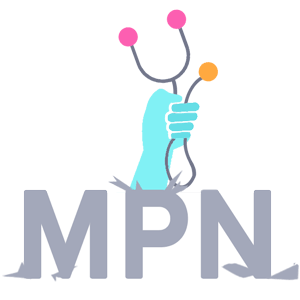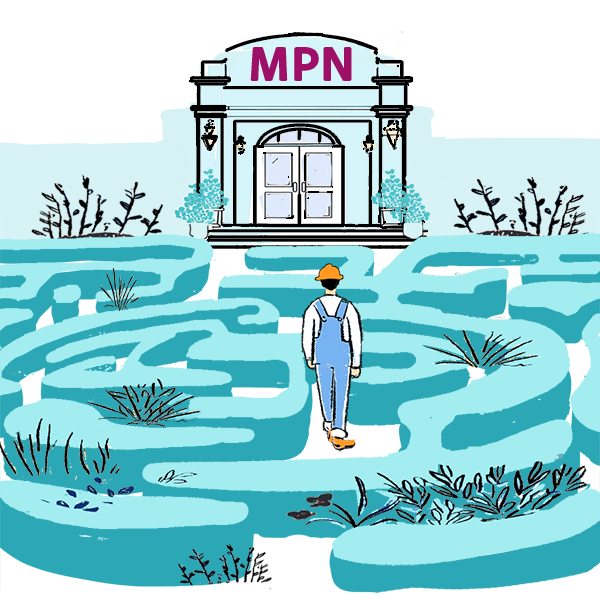CA Employees: ASAP, Predesignate Your MD

The problem: California employers and workers’ comp insurers restrict care, by limiting injured workers to doctors within the applicable Medical Provider Network (MPN). For an injured worker in California, the friction caused by the MPN system can delay or even prevent treatment.
However, state regulations offer a glimmer of light in this otherwise opaque and chaotic arrangement — but only if California employees and their doctors proactively take action before a work-related injury occurs.
To treat injured workers, many MPNs force doctors to forfeit a large percentage of the reimbursement owed for the treatment per the state fee schedules. In other words, MPNs are a “Pay to Treat” scheme whereby injured workers are only allowed to see the providers willing to offer steep discounts.
However, if an employee predesignates their personal physician as the Primary Treating Physician (PTP) in the event of a work-related injury, that predesignated physician:
- Is NOT required to be in the employer or insurer’s MPN, and
- CAN refer the injured worker to physicians outside the employer’s MPN
Physician predesignation may be the most reliable way to protect California employees from the rampant MPN abuse that characterizes California workers’ comp.
Most importantly, predesignating your physician is one of the only ways you can preemptively ensure that you receive the best medical care (instead of the cheapest medical care) for a workplace injury. Below, we explain how simple it is to take this important step.
CA Regulations: Predesignation Makes MPN Moot
California Code of Regulations Section 9780.1 makes it clear that a predesignated personal physician may treat an injured worker regardless of MPN membership, subject to three conditions:
- Notice of the predesignation is in writing and provided to the employer before the injury.
- The employee has health care coverage for nonoccupational injuries on the date of the injury.
- The physician agrees to the predesignation prior to the injury, and that physician’s agreement is documented.
To formally document a physician’s predesignation and agreement thereto, the Division of Workers’ Compensation (DWC) recommends (but does not require) use of the optional DWC Form 9783: Predesignation of Personal Physician.
Employees, we urge you: download Form 9783, and ask an appropriate physician to be your predesignee.
Who Can Be Your Primary Treating Physician
California limits the kinds of providers whom employees may predesignate. As Form 9783 states, employees may be treated by their personal Medical Doctor (MD), osteopath (DO), or “medical group” if:
- The employee already has health care coverage for non-work-related injuries on the day of the work-related injury.
- The doctor is the employee’s regular physician and has limited their practice to a general practice, or is a board-certified or board-eligible internist, pediatrician, OBGYN, or family doctor that has previously directed the employee’s medical treatment and retains the employee’s medical records.
The employee may predesignate an entire medical group, as long as:
- The group is a single corporation or partnership
- The group is composed of licensed MDs or DOs
- The group is “...an integrated multispecialty medical group providing comprehensive medical services predominantly for nonoccupational illnesses and injuries.”
California employees, if your personal doctor or medical group meets the criteria above, predesignate them today. Workplace injuries are never expected; it is better to be proactive now than to find your care delayed, prevented, or otherwise made inadequate by the strictures of an MPN.
The Power of Predesignation
We also urge any doctors who meet the above criteria to encourage their patients to predesignate them as PTP. Once Form 9783 is signed and delivered to the employer, any applicable MPN becomes irrelevant — and that’s true for any other physician to whom the predesignated physician refers the injured worker.
§9780.1(d) states:
“Where an employee has made a valid predesignation pursuant to this section, and where the employer or employer's insurer has a Medical Provider Network, any referral to another physician for other treatment need not be within the Medical Provider Network.”
That’s right: if you are the predesignated primary doctor, you can refer an injured worker to a non-MPN specialist for additional care required. No more surprise payment denials due to MPN non-membership, for you or the other physicians to whom you refer patients.
And most importantly, no more worrying whether the injured worker can get the care they need within the confines of the MPN.
Personal Medical Records are Protected
California employees can rest easy knowing that predesignating a personal physician does not expose their medical records or history to an employer unless a work-related injury occurs. §9780.1(e) states:
“Unless the employee agrees, neither the employer nor the claims administrator shall contact the predesignated personal physician to confirm predesignation status or contact the personal physician regarding the employee's medical information or medical history prior to the personal physician's commencement of treatment for an industrial injury.”
Bottom line: the employer has no access to the employee’s personal doctor or medical records until treatment for a work-related injury is underway.
California employees should not leave their care in the hands of employers or insurers! Every single worker should predesignate their physician as PTP; by doing so, workers can help ensure they get the care deemed necessary by their own doctor.
Protect your practice. Harness the power of daisyBill software, data, and expertise for faster, better workers’ comp billing. Reach out to learn how we can help.
CONTACT US
DaisyBill provides content as an insightful service to its readers and clients. It does not offer legal advice and cannot guarantee the accuracy or suitability of its content for a particular purpose.

.png)

.gif)